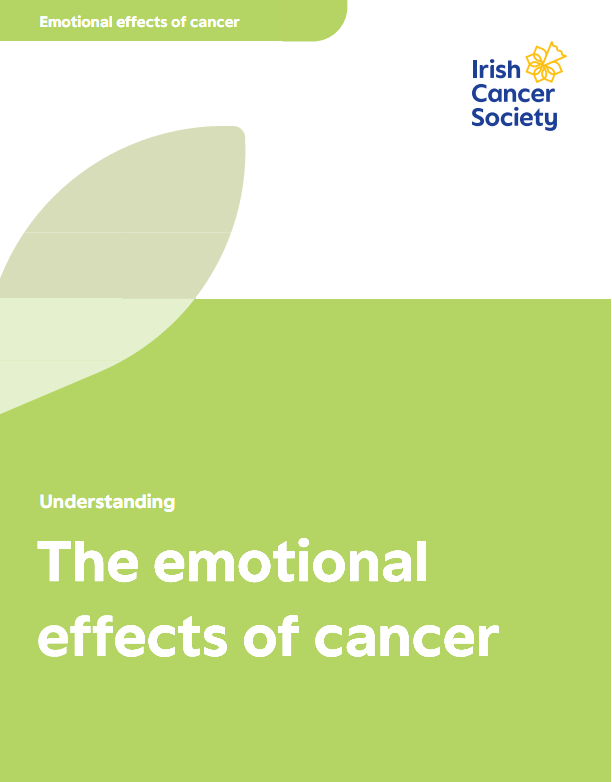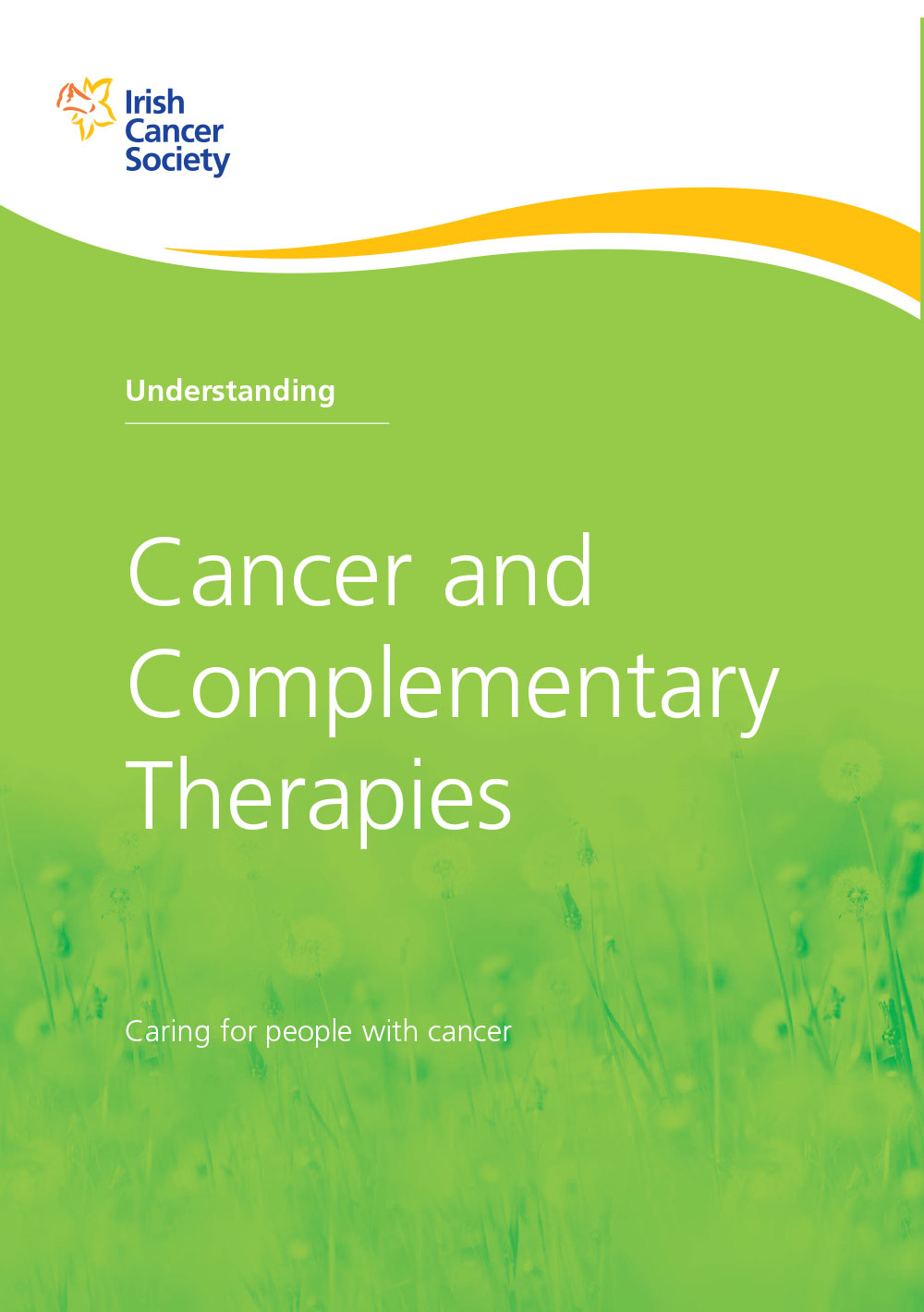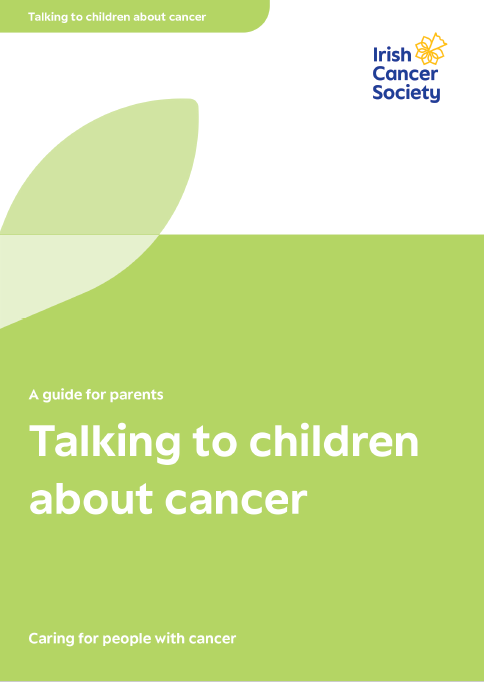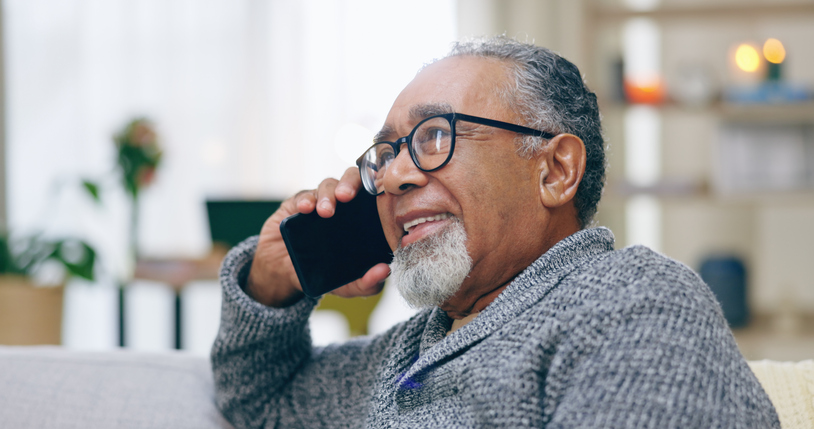Being told you have metastatic cancer can set off overwhelming emotions of shock, disbelief and grief. Some people describe feeling devastated.
Sometimes you may feel very low, while at other times you may feel very positive and hopeful. Feeling very up and down, as if you are on a rollercoaster ride, does not mean you are not coping.
Knowing that your cancer will not be cured can take away hope, but even if a cancer cannot be cured, it can often be effectively controlled. People can live with metastatic cancer for many years.
Some people find their daily lives are not affected very much. While some treatments can have some unpleasant side-effects, often metastatic cancer can be treated like a long-term illness, which causes problems from time to time.








